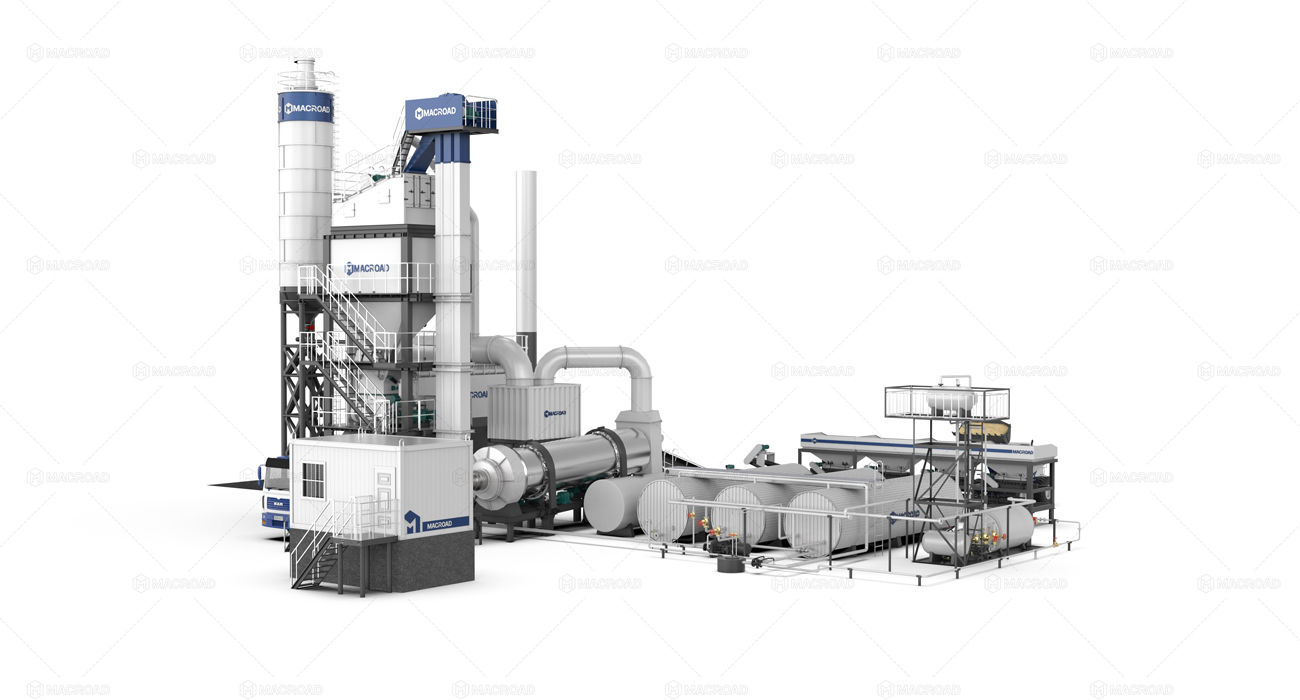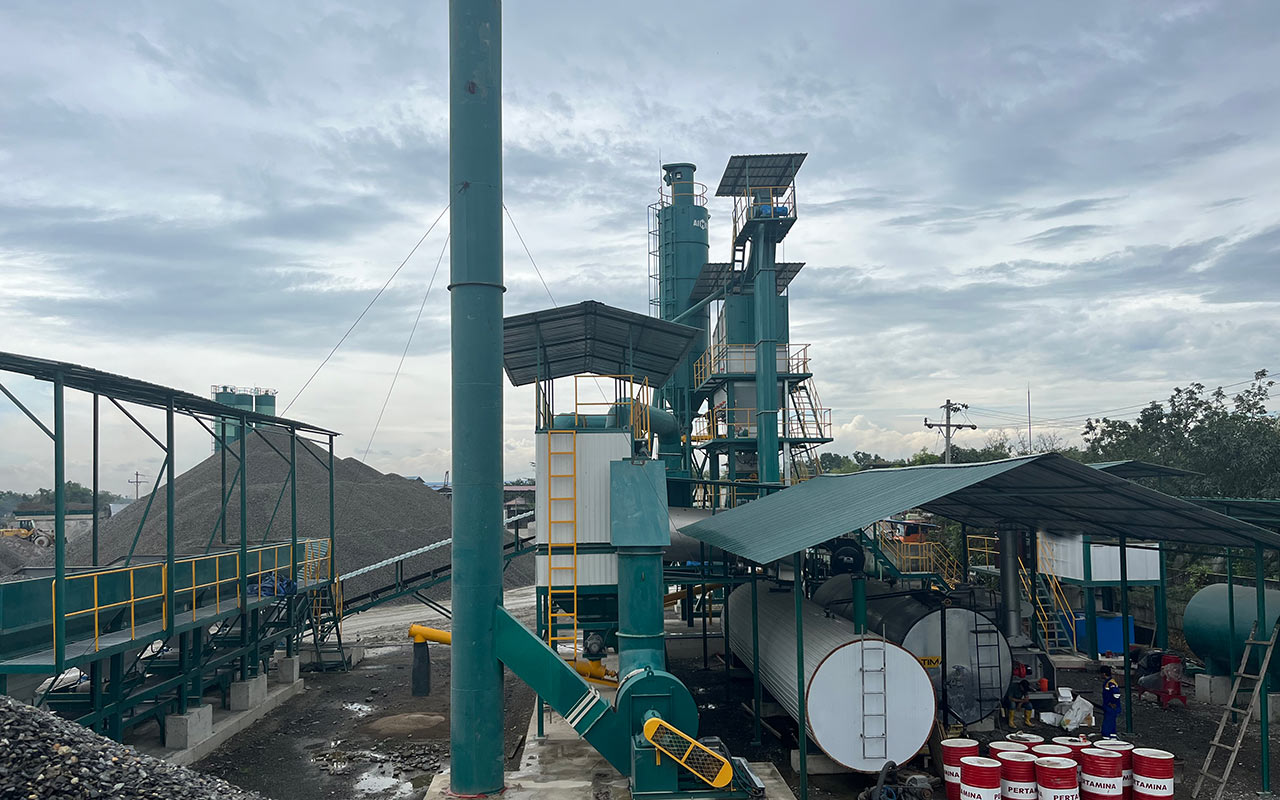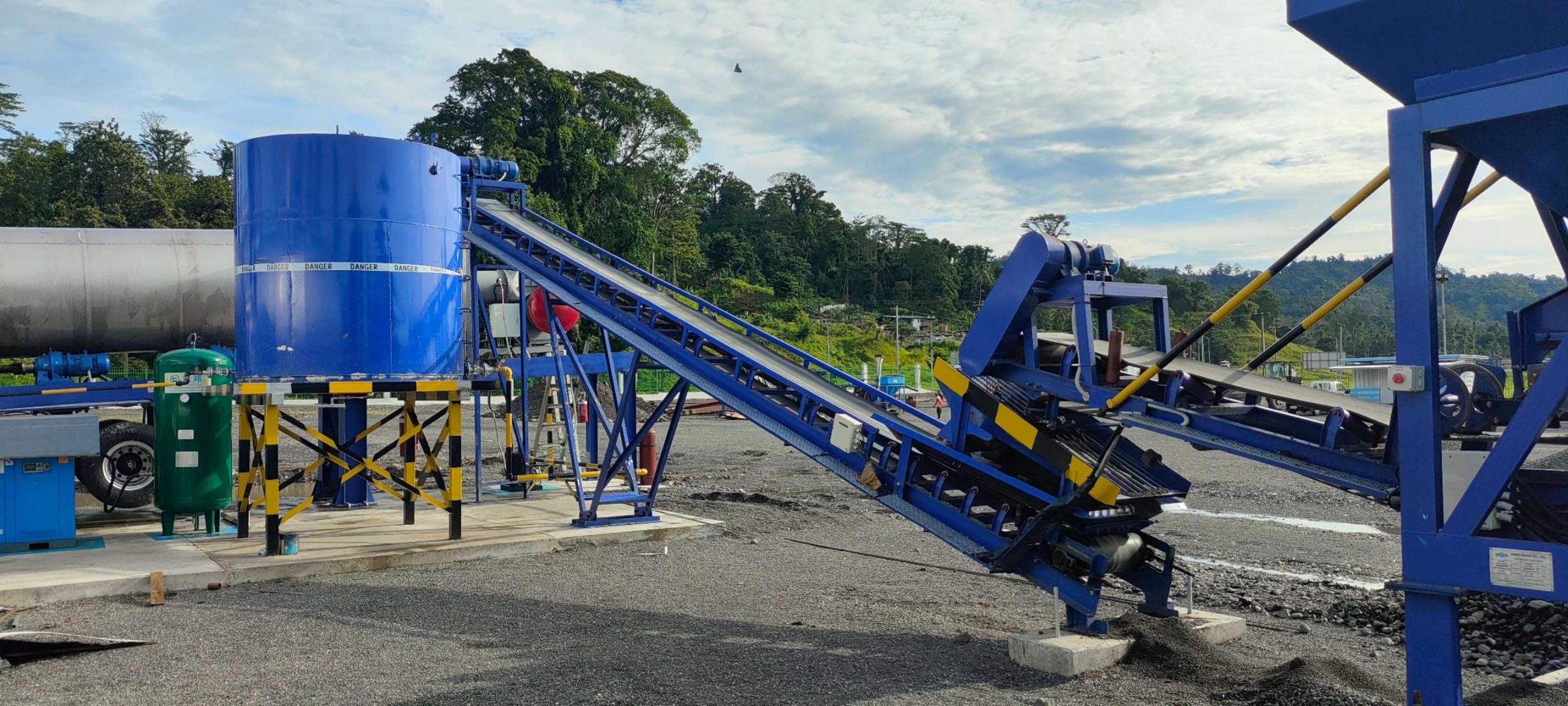When it comes to asphalt mixing plants, understanding the differences between winter construction-specific and conventional plants is crucial for ensuring optimal performance in cold conditions. One of the core distinctions lies in the methods used for aggregate preheating and asphalt thermal insulation. These measures are essential for maintaining the quality of asphalt during winter projects, where temperature fluctuations can significantly affect the mixing process.

Aggregate Preheating Techniques
In winter construction-specific asphalt plants, aggregate preheating is a critical process that sets them apart from conventional plants. The primary goal of preheating aggregates is to eliminate moisture and raise the temperature of the materials before they are mixed with asphalt. This is particularly important in cold weather, as low temperatures can lead to the formation of ice and frost, negatively impacting the quality of the final product.
Winter-specific plants often employ advanced heating systems, such as direct-fired or indirect-fired heaters, to ensure that aggregates reach optimal temperatures before mixing. This preheating process not only helps in achieving better adhesion of the asphalt but also facilitates a more efficient mixing process. For instance, in stationary asphalt mix plants, large aggregate bins equipped with heating elements can efficiently maintain the desired temperature, while mobile plants may utilize portable heating solutions to adapt to various job site conditions.
In contrast, conventional asphalt mixing plants may not prioritize aggregate preheating to the same extent. While some basic preheating may occur, it is generally less effective and not specifically designed to handle extreme winter conditions. This can lead to lower-quality asphalt and increased vulnerability to cold weather-related issues.

Asphalt Thermal Insulation Measures
Another significant difference between winter construction-specific and conventional plants lies in the thermal insulation of the asphalt itself. In cold weather, maintaining the temperature of asphalt during storage and transport is vital for preventing temperature loss, which can impact workability. Winter-specific plants are equipped with specialized insulation measures that ensure the asphalt remains at the required temperature until it is applied.
These insulation measures may include several asphalt plant components change like insulated storage silos and heated transport trucks that keep the asphalt warm during transit. Additionally, some plants implement thermal blankets or jackets that cover the asphalt during storage, minimizing heat loss. These features are essential for ensuring that the asphalt remains workable and adheres properly to the aggregates when laid down.
In comparison, conventional asphalt plants may lack comprehensive thermal insulation systems, leading to a higher risk of temperature drop during storage and transport. This deficiency can result in difficulties during application, such as increased viscosity and reduced adhesion, ultimately compromising the quality of the pavement.

Conclusion: Importance of Tailored Solutions
In summary, the core differences between winter construction-specific and conventional asphalt mixing plants primarily revolve around aggregate preheating and asphalt thermal insulation measures. Winter-specific plants utilize advanced heating techniques for aggregates and robust insulation systems for asphalt, ensuring that materials maintain their quality and workability in cold conditions. By addressing these challenges effectively, operators can enhance the overall performance of their asphalt mixing operations, leading to successful winter construction projects.
Understanding these distinctions is crucial for construction professionals looking to optimize their operations during winter months. By investing in the right technology and techniques, they can ensure that their asphalt paving projects are not only of high quality but also delivered efficiently, regardless of the harsh weather conditions. Macroad, a leading global asphalt plant supplier, offers a wide range of specifications to meet diverse project needs. You can find your road construction project answer in Macroad.